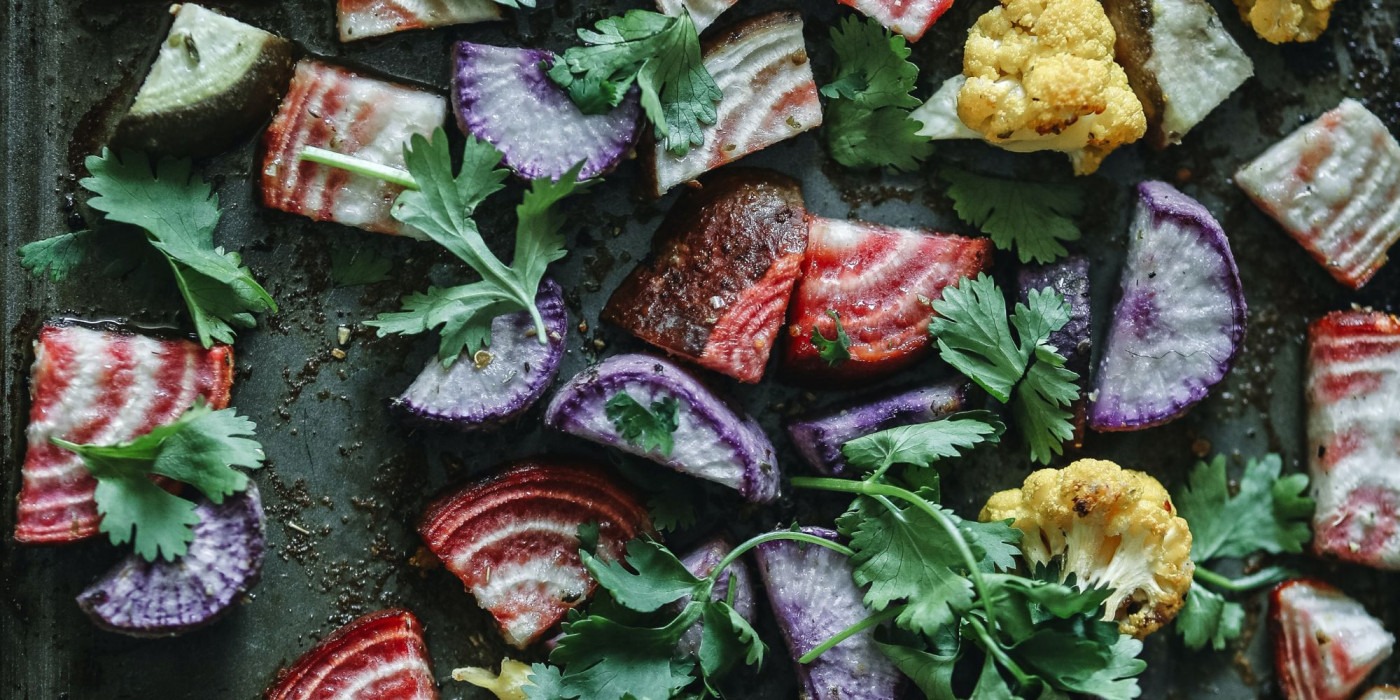Cooking Corner: A final-year student’s handbook to grocery shopping, meal prepping and surviving student kitchens
Almost half a million first-year students packed their bags and waved goodbye to their families this month. Organising food and managing money must be high on your to-do list. As a final-year student who cooks nearly every day, here is my ultimate guide for cooking and eating at the university.
Grocery shopping
The first life skill I learnt in university was shopping in bulk. Since it takes at least 15 minutes to get to the closest supermarkets, it is impossible to buy groceries every day. Also, most products in Rootes Grocery Store are overpriced. Do not forget to make a shopping list to ensure you get everything you need in your weekly or fortnightly grocery shopping.
Storing groceries
After shopping, you will need to store the groceries properly and hygienically. After I purchase fresh meat from supermarkets, I usually divide it into convenient-sized portions for my cooking and tightly wrap it in cling film. Hence, I only need to move the required portion to the fridge to defrost it the night before cooking. Most vegetables are freezable, but some, like broccoli and baby corn, need to be blanched before frozen. I would recommend looking at online tutorials before tossing your food into the freezer for safety purposes.
Here are some fridge storage tips:
Food like bananas, raw potatoes, and canned food cannot be stored in the fridge.
This advice might seem obvious but do not use your flatmates’ groceries or eat their food without their consent.
To prevent your food from being stolen or taken by mistake by someone else, put all your food in the fridge in a big container box with your name on it. This will ensure that you are not a victim of freeloading by your flatmates.
Cooking
You may be amazed by how often fire alarms in your flat go off because someone burns their food. It sounds basic, but just never leave cooking food unattended. Do not add oil to a wet pan or put metal in the microwave. If you use a non-stick pan, never use metal cutlery, and wash the pan only after it is completely cool. These tips prevent the non-stick coating from damaging and releasing toxic compounds.
Cooking and meal prep are paramount. Warwick has no student budget-friendly canteen, so you may need to prepare and pack your lunch. There are microwaves in the common areas of nearly all the department buildings. Microwaves are also available in the Chaplaincy and the Student Union building, where the Library and Rootes study grid are in the vicinity. Another pro-tip is to cook an extra portion for dinner so that you can store it and enjoy a hassle-free, healthy lunch the next day.
Surviving and thriving in student kitchens
The kitchen of my flat in my first year was horrible. The sink was constantly clogged, the floor was always sticky, and the used bowls and pans kept piling. I remember that one of my flatmates directly put raw mushrooms onto the microwave turntable and ate it after 2 minutes, and one of their cucumbers was so rotten that it turned mushy and bouncy.
Despite, or perhaps due to, all these unfavourable circumstances and chaotic adventures, the kitchen became a place for growth for me. My first-year kitchen is where I learnt to be brave and advocate for myself. I asked one of my flatmates to be considerate after they used and burnt the pan without asking me, and I requested extra space in the fridge because I moved in late and did not even have an entire shelf. Despite our occasional arguments, my flatmates and I bonded over our misadventures and had our Christmas party in the kitchen. Only four girls, including me, cleared up the mess after the Christmas party because the rest returned home afterwards. It was tiring, but we laughed, gossiped, and felt so proud of ourselves.
The taste of independence is complex – it’s sweet, sour, bitter, and everything in between. The kitchen you share with your flatmates is definitely a unique place where you will grow and gain some of your most cherished memories for life.
Roasted carbs, proteins, and veggies on one tray
Here’s my favourite recipe for when I am too lazy to wash any additional pan and plate!
Ingredients:
1 large baking potato
1 portion of proteins you like, such as a piece of chicken thigh and fish fillet (You could substitute this for tofu or any other protein-rich vegetarian/vegan alternative.)
¼ onion
¼ bell pepper
mushrooms
1 tablespoon oil
pinch of salt
pinch of black pepper
You will also need a baking tray and one sheet of tin foil.
Steps:
1. Preheat the oven to 200°C.
2. Wash the baking potato and vegetables.
3. Dice the potato and vegetables.
4. Place the diced potatoes and vegetables on the baking tray. Pour oil onto them and toss them so they are coated with oil.
5. Place the proteins on the baking tray. Season them according to your preference. You can add salt and pepper or chilli powder if you wish.
6. Bake everything for 30 minutes.
7. If the meat is not cooked or the potato is not crispy, bake for a longer time. The exact baking time depends on the protein used and the size of the ingredients.
8. Season the potato and the vegetables. A pro tip: never ever season them before baking because it makes them soggy.
9. Enjoy: It’s done – savour this quick and easy meal directly from the tray to prevent washing up an extra plate later!

Comments